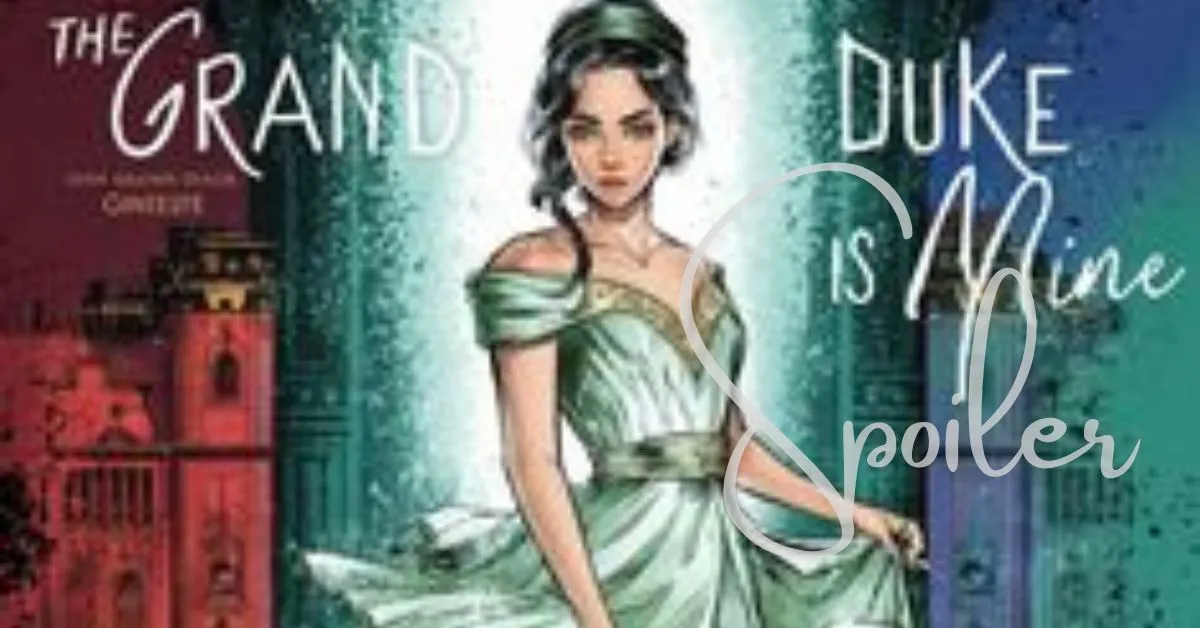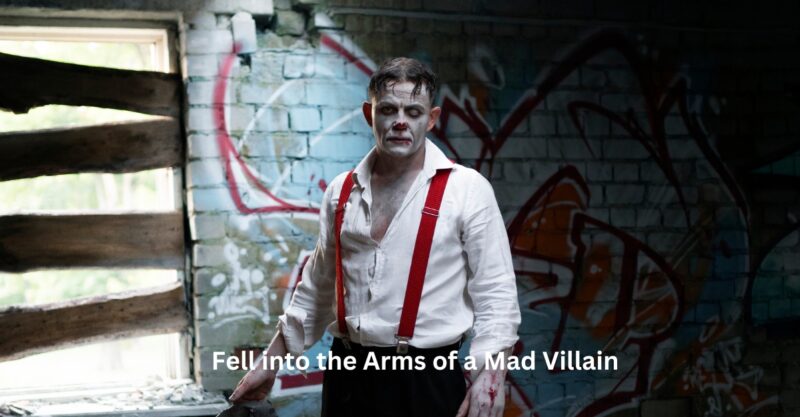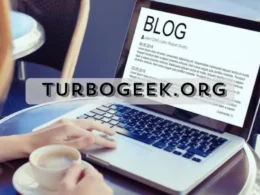Fell into the Arms of a Mad Villain Spoilers, acceded to the Will of an Evil Villain Spoilers The captivating narrative device in fiction occurs when people are driven to become connected with a crazy antagonist. The villain’s twisted beliefs and irrational behaviour make them a common dark companion to heroes. Aside from the challenge it presents, what truly makes this trope intriguing is its unexpected allure for characters and spectators alike.
Characterising the Crazy Villain
Mad villains are defined by their irrational and oftentimes unpredictable behaviour. They put the protagonist and the area in grave danger because of their fixations, traumas, or delusions.
Some of the traits that these villains may exhibit are nihilism, megalomania, and a hunger for revenge. Their justifications, which drive people to commit heinous acts in pursuit of their goals, are often rooted in past traumas or perceived injustices.
Case Studies in Popular Culture
Some well-known examples of psychotic villains include Hannibal Lecter from The Silence of the Lambs, the Joker from DC Comics, and Anton Chigurh from No Country for Old Men. Their complexity and unpredictability captivate audiences as these people embody different facets of madness.
Embracing a Mad Villain: The Enchanting Allure
Compulsive Risk-Taking in the Mind
Fell into the Arms of a Mad Villain, irrational villains epitomise my lifelong fascination with exploring the shadowy corners of human nature. The ties between these individuals as they explore the boundaries of good and wrong enthral viewers with their intrigue and danger.
Parables of Redemption and Difficult Interactions
Unexpected character growth and redemption stories might emerge in some stories when we embrace a mad villain. Subtleties in these linkages give depth to the story and force the protagonists to confront their own moral conundrums and frailties.
How Digital Storytelling Has Changed Over Time
In this age of instantaneous communication and ubiquitous social media, the way individuals consume and share stories has substantially evolved. Spoilers can now spread like wildfire and impact how viewers engage with tales, thanks to the proliferation of fan networks and online forums. Creators of media must tread carefully in this uncharted territory if they want to keep their stories true while simultaneously generating interest and attention.
Successfully Avoiding Spoilers
Searching the Internet without giving anything away can be like walking through a minefield, since new insights and narrative twists are always appearing. Some like conjecture and analysis, while others avoid spoilers by shunning social media or not discussing their favourite novels. How spoilers effect falling victim to a mad villain depends on each viewer’s tastes and engagement style.
These lines explore character interactions, digital narrative, and spoiler issues.
The Influence of Spoilers
Making Sense of Spoilers
Spoilers are details about a story that reveal crucial parts or turns before the audience finds out. Some like knowing a book’s plot before reading it, while others think it spoils it.
Impact on Interactions with Viewers
Spoilers can substantially impact readers’ engagement with a story.Some people prefer surprises, while others like anticipating events or unravelling mysteries.
Effects on the Crazy Villain Subplot
Revealing how much being drawn to a deranged villain archetype impacts the story. Knowing the story’s ending can diminish viewers’ investment in the characters and their relationships, thus reducing its impact. The literary villain completely devastated her. In a deceitful setting, the protagonist’s risky cat-and-mouse game necessitates trust.
Conclusion
There is still a lot of allure in the fictional realm when one falls prey to a mad villain. A complex web of human feelings and motivations emerges from the depths of their madness, drawing spectators into a dark and enigmatic cosmos. Whether it’s through unexpected twists or intricate character relationships, the insane villain cliché is a storyteller’s ageless tool for captivating an audience to Fell into the Arms of a Mad Villain.
FAQs
The allure of insane villains captivates spectators for what reason?
Studying crazy villains is fascinating and unnerving because they often symbolise the worst side of human nature.
Does knowing what happens when you fall into the clutches of a crazy villain make it any better?
Spoilers may help readers grasp the plot, but they ruin the trope’s best part—surprise.
Where have you seen redemption arcs with villains who have gone completely insane?
Despite their evilness, Loki in the MCU and Severus Snape in HP have compelling redemption journeys.
What sets crazy villains apart from other villain types?
Viewers find mad villains particularly interesting because, unlike more typical enemies, they often exhibit some degree of instability and unpredictability.
How do spoilers influence what people expect from a show?
Spoilers have the power to influence viewers’ expectations and emotional reactions, impacting their perception and comprehension of a story.











